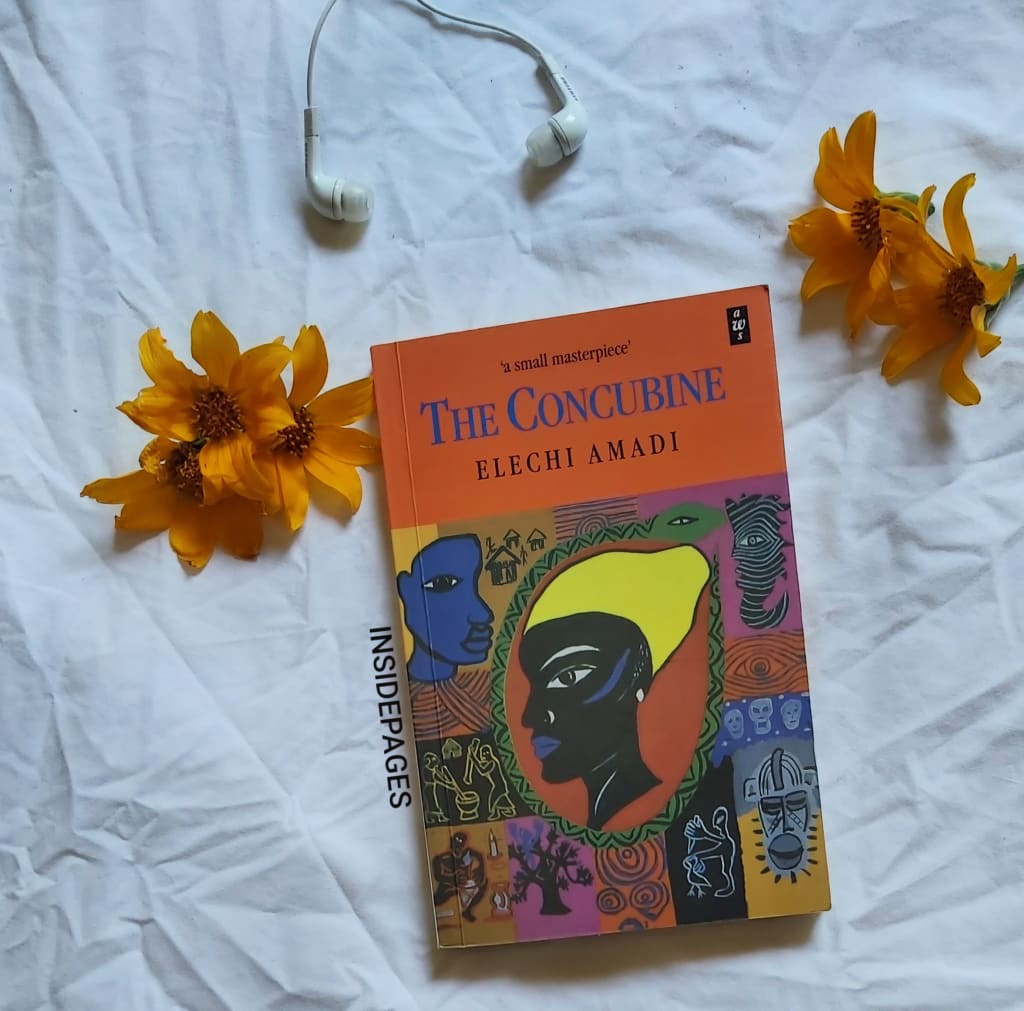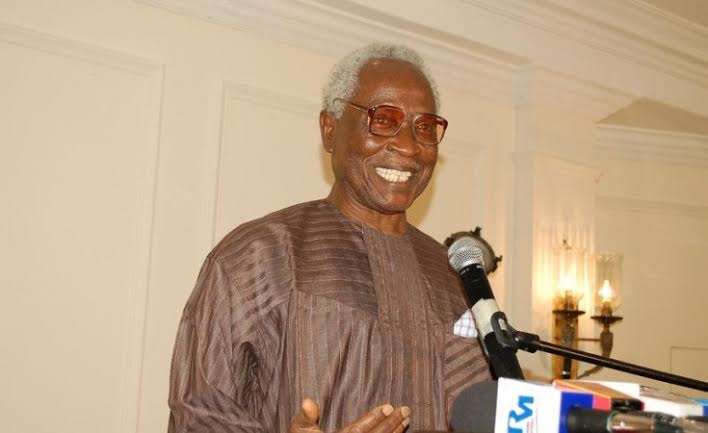Celebrating Elechi Amadi
By Lenient Amidu
Emmanuel Elechi Daniel (MFR) known by his pseudonym ‘Elechi Amadi’ was a Nigerian author and soldier whose work centered on themes of African culture, marriage, brotherhood, familial relations, life for the Nigerian pre and post colonization, and science fiction (Sci-Fi). After his retirement from military service, Amadi served as a writer-in-residence and lecturer at Rivers State College of Education, where he had also been Dean of Arts, head of the literature department and Director of General Studies. His first publication was a poem titled "Penitence" in a University of Ibadan campus magazine called The Horn, edited by John Pepper Clark in 1957. It was Amadi’s debut novel The Concubine published in 1966 that took the world by storm. Regarded by critics as “an outstanding work of pure fiction”.
The Concubine lets us into the complexities of life as a woman stuck in the ever turning wheel of tradition, superstition, patriarchy and cultural expectations. The main character, Ihuoma is a young widow with three children. Her husband's death is the opening of the story. As the book progresses, Ihuoma is said to be married to a Sea-god who must be appeased before her latest suitor Ekueme dies like the others.
Amadi’s use of language and imagery in this novel has been praised by many. Though the book ends tragically, we see how much traditions and customs were revered before westernization. We also see that the African tradition in itself is a flawed system with its marginalization of women, dependence on spiritual guidance and rigidity towards change.
Amadi's other works have been received with great success. His second novel, The Great Ponds, published in 1969, set in pre-colonial Eastern Nigeria tells the story of two village communities battling over communal fishing rights at the Wagaba pond. The main characters are the warrior Olumba from the Chiolu village, and Wago, a famed leopard-killer from neighboring Aliakoro depicting the tradition of contests and duels as a way for conflict resolution in times past.
In 1973 Amadi autobiographical non-fiction, Sunset in Biafra, was published. It records his personal experiences in the Nigeria-Biafra war.
The Slave, another of his well known books published in 1979 leads us to the doomed fate of Olumati, who is the last in his family line. His parents were ostracized long ago and had to flee their home village, and have since been forced to serve as slaves to a god at a cult shrine in another village. Olumati is expected to take over this duty. He tries to restore his family’s standing, but forces conspire against this plan. Readers get introduced again to the African tradition of outcasts, people in society regarded as sub-human. He also opens us up into a world of class and status in the traditional society but maintaining above all that the worthiness of a man is with himself.
In 1985, Amadi's settings for his books shifted towards modern scenery. Estrangement was his first book to be set in Port Harcourt. It recounts the experiences of a woman named Alekiri and the traumas she experiences during the Biafran civil war. Her marriage ends, she becomes romantically involved with an army officer, and struggles to regain her footing after the hostilities end. The book gives voice to the less visible aftermaths from the war; the breaking and rebuilding of families and self.
Amadi's exploration of various writing forms is exciting as his last book, When God Came, a science fiction, comprising two parts was published in 2011. Obari Gomba in his 2021 article on the book comments that “In Amadi’s work, neither faith nor science offers an escape from life. But advancement is possible, always possible. Both stories show that there are dimensions of knowledge ahead of humanity.”
Amadi also authored various plays including Peppersoup, Isiburu and Dancer of Johannesburg and his book The Concubine was adapted to film by Elechi Amadi and directed by Nollywood director Andy Amenechi; the film premiered in Abuja in March 2007.
Elechi Amadi at 82 years, died on the 29th of June, 2016. He left a stellar legacy behind. The Faculty of Humanity in University of Port Harcourt, is dedicated to him. Also, Port Harcourt Polytechnic was renamed to Captain Elechi Amadi Polytechnic in 2016. Amadi's literary career is the quintessential example of excellence merged with talent and originality.






